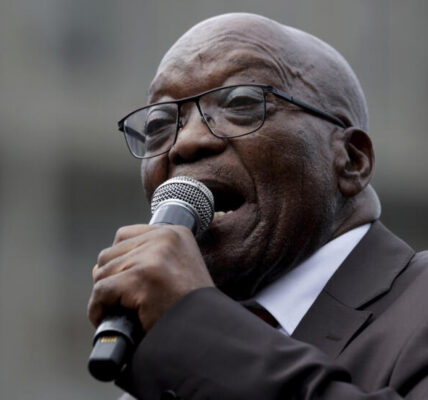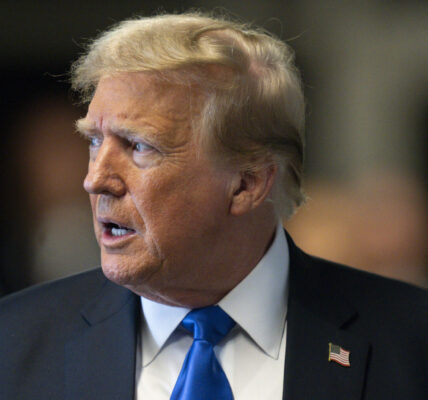As winter looms, Ukraine’s energy infrastructure is bracing for one of its harshest tests yet. With Russian airstrikes intensifying and temperatures dropping, Kyiv and its allies are racing against time to secure the country’s energy supply and prevent a humanitarian disaster.
Escalation in Russian Strikes
In recent days, Russia has unleashed a relentless barrage of missiles and Glide bombs targeting key Ukrainian cities, including Kharkiv and Zaporizhzhia. Civilian infrastructure, residential buildings, and power grids are bearing the brunt of the attacks. Ukrainian authorities have described these strikes as deliberate attempts to cripple the country’s energy systems and sow chaos among its population.
“Electricity is the lifeblood of the economy. Without it, we will not win,” says a Ukrainian energy worker, highlighting the critical role of power in sustaining the war effort and daily life.
These strikes have left millions in darkness, with power outages spreading across major urban centers. Restoring services amidst constant bombardment has become an uphill battle for Ukraine’s overburdened energy workers.
Weaponizing Winter
Russian President Vladimir Putin appears to be using winter as a weapon, a strategy familiar from last year’s conflict. By targeting Ukraine’s energy infrastructure, Moscow aims to weaken morale, disrupt daily life, and force Kyiv into difficult strategic decisions.
U.S. Secretary of State Antony Blinken condemned the attacks, stating:
“Putin is weaponizing winter to subjugate Ukraine. The upcoming months will be challenging.”
This tactic not only strains Ukraine’s resilience but also tests the unity of its Western allies, who face mounting pressure to supply the resources needed to sustain Ukraine through another brutal winter.
Ukraine’s Plea for Long-Range Strikes
In response, Kyiv has intensified its call for long-range missiles capable of striking deep into Russian territory. Ukrainian officials argue that targeting military sites within Russia could cripple Moscow’s capacity to launch future airstrikes. However, the request presents a dilemma for the U.S. and its allies.
President Biden is cautious about approving such measures, as they risk escalating tensions with a nuclear-armed adversary. Despite these reservations, Washington has acknowledged the urgency of Ukraine’s situation, supplying additional weapons and financial aid to bolster energy security.
European Energy Connection
Efforts to integrate Ukraine’s electricity grid with Europe are underway, with the potential to cover around 25% of the country’s energy needs. However, this is far from sufficient to offset the damage caused by Russian strikes. Energy experts warn that Ukraine’s grid remains fragile, and any further attacks could push it to the brink of collapse.
A Race Against Time
The stakes are high as Ukraine braces for another harsh winter. For millions of Ukrainians, surviving the season will depend on Kyiv’s ability to restore power, maintain essential services, and keep the economy afloat.
The international community faces a critical choice: either step up support to help Ukraine withstand this winter offensive or risk seeing a humanitarian crisis unfold as Russia intensifies its campaign to weaponize energy and weather against its neighbor.
The coming months will test not only Ukraine’s resilience but also the resolve of its allies to stand firm against Russian aggression.







 {
#divFLRARight, #divFLRALeft {
display: none !important;
}
}
</style>
<script>
/(trident|msie)/i.test(navigator.userAgent) && document.getElementById && window.addEventListener && window.addEventListener()